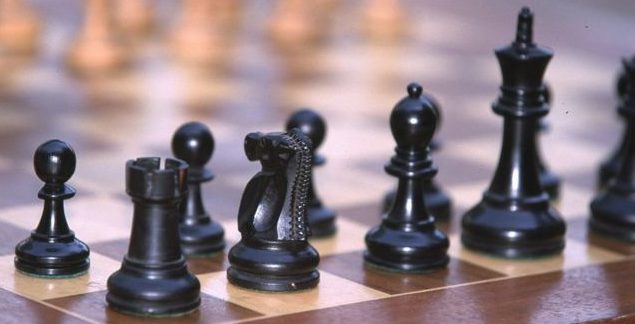China as she should become
First Imperative: Addressing Corruption and Financial Crime
Part I – The genesis of the problem of corruption
Corruption is authority plus monopoly minus transparency.
The scale of bureaucracy in China and the break-neck pace of its economic development from an almost standing start are the two ideal conditions for the growth of corruption and unbelievably massive financial gain by underpaid government officials.
Official corruption: a long-standing pedigree
“The abuse of public power (gonggong quanli) by the occupants of public office (gongzhi renyuan) in the state and party apparatus for private interests,” is how China’s authorities define corruption.
Transparency International scores China at 36 (out of a possible 100) on its corruption index (http://www.transparency.org/country#CHN) where 0 is most corrupt and ranks it 100th out of the 176 countries surveyed.
Corruption (fubai in Chinese, meaning decay and putrefaction) has been a part of life since many millennia.
In the face of rampant corruption, Confucius helped re-establish the ancient traditions of honour, morality and social hierarchy so as to check the empire’s decline in the later centuries of the Zhou dynasty (1045 – 265 BC).
Two millennia later, peasants in Guizhou province launched protests in 1851 amid famines and local government corruption as the Qing dynasty (1644 – 1911) drew to a close.
At that time, cheating in the imperial examinations was elevated to an art form: Confucian texts were sewn into the cuffs, fans had notes inscribed on their hidden side, miniature books were made available so that they could be concealed between the fingers of an open palm. Some examinees hired experienced scholars to sit exams in their stead. Then, of course, the easiest way to pass was to bribe the examiners.
Mao’s Communist Party of China rose to power in 1949 on the anti-corruption campaign against Chiang Kai-shek’s ruling Kuomitang. The communist party’s dominant position and the economic hardships of the population-at-large meant that poorly paid party officials could easily use their position for personal gain.
Official corruption re-emerged as a principal source of frustration in the late ‘80s fuelling the Tian’anmen Square protests of 1989. Despite the stated policy of President Xi to stamp out corruption, and with the exception of convictions of some high-profile individuals on the grounds of sleaze, little has been achieved.
A cursory glance at the passengers alighting from helicopters at the Hualapai Heliport at Grand Canyon shows that 9 out of 10 fee-paying passengers, who have just parted with USD250 per person for a 1 Hr ride down the Grand Canyon, are junior party officials of the Communist Party and their families. Macao casinos still have high rollers fly in to try their luck at the tables, who, when they are done go back to the mainland to their desk jobs in the local party apparatus.
Going hand-in-hand with market reform, corruption has grown over the past 3 decades relying solely on two factors: opportunity, presented to officials in the form of extensive role of government as a regulator, allocator, producer and employer and motivation, such as, ‘confusion over changing values, weakness of moral sanctions, relative impoverishment and a lack of alternative sources for self-enrichment’. Add to this the privatization of state assets has put numerous opportunities for official graft within tempting reach of poorly paid bureaucrats. Coupled with this, central government has devolved the decision-making apparatus to the local level in critical areas such as investment processing and law enforcement. As an example of this in context, our joint venture counsel teams often highlight the hidden costs of doing business which often appear as ‘fees’. Over the years we have had occasion to see birth control fees, public health fees, public security fee, tree planting fee, traffic control fee, fire department fee and so on.
Having set the stage of the level of corruption, the next important thing one has to come to grips with is the strategy to be implemented to reduce corruption and bring transparency to the dealings of the party and the dealings of the ordinary Chinese. If this is brought about, China will become a beacon for the continent.
Part II in this series will address the initial steps that should be taken to bring light to the dark corridors of power.


